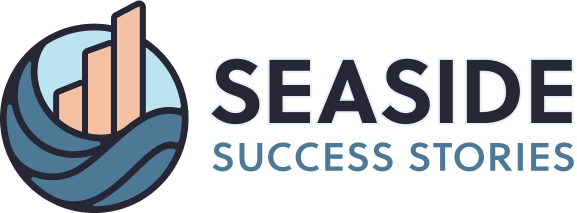Ness Digital Engineering (Ness), a global full-lifecycle digital services transformation company and a subsidiary of KKR, and Zinnov, a global management and strategy consulting firm, jointly launched a comprehensive study titled “Harnessing the Power of Generative AI (GenAI) in Transforming Software Engineering Productivity.”
While productivity is a known outcome of GenAI initiatives, this study measures the actual productivity gains resulting from deploying GenAI at an engineering level. It is uniquely framed to help CTOs, CIOs, and CPOs understand the technology and psychological drivers of engineering productivity and the long-term ramifications on both business and organizational design.
Utilizing Ness’s proprietary platform Matrix to collect data, the study engaged 100+ software engineers across use cases and development settings and in-depth analysis of engineers’ real-world experiences in live engineering environments.
The study revealed that Generative AI implementation not only increases productivity but also allows for deeply assisted context, enabling companies to globalize work frictionlessly. The implication of this is not just better business outcomes but an entirely transformed organizational design. Other key observations that emerged were:
70% Reduction in Task Completion Time for Existing Code Updates: Engineers witnessed maximum impact when utilizing existing codebase functions, leading to reduced development cycle time.
48% Reduction in Task Completion Time for Senior Engineers: Senior engineers witnessed reduced task completion time and found themselves using their time to plan better and assist junior engineers.
~10% Reduction in High Code Complexity Tasks: Generative AI enables engineers to navigate complex coding scenarios with increased efficiency, contributing to faster and more accurate resolutions.
70% Improved Engagement: By simplifying tasks and fostering a more collaborative and dynamic work environment, Generative AI plays a pivotal role in creating a positive and fulfilling professional experience.
This shift challenges traditional organizational structures by focusing more on expertise and efficiencies that will be assisted by technology but controlled and decided by people. This will mean a new kind of workforce – where domain expertise and problem-solving capabilities will preside over technology skills.
Ranjit Tinaikar, CEO, Ness Digital Engineering, said, “GenAI stands poised to transform the software development landscape by offering substantial productivity enhancements and expediting innovation cycles, ultimately accelerating time to market. However, its potential could be hindered if narrowly perceived as a mere code generation tool, a misconception prevalent in the software development realm. To fully harness the power of GenAI, we collaborated with Zinnov to understand the impact of GenAI on software development and its nuances. The study serves as a guide on the impact of GenAI on product development process, organization structures, employee engagement, learning, and development.”
Speaking about the study, Pari Natarajan, CEO, Zinnov, said, “Generative AI is now integrated into software engineering workflows across many organizations, aiding in tasks like generating test cases, refactoring code, and identifying innovation opportunities. This study validates the belief that Generative AI complements rather than dictates workflows, facilitating frictionless knowledge sharing and unlocking the true value of globalization. This has led to increased confidence among CTOs and CIOs in distributing development teams globally, with minimal impact on productivity. Additionally, the widespread use of Generative AI has boosted employee morale, surpassing productivity gains. While the potential of Generative AI is vast, limitations primarily stem from hardware costs, energy consumption, and regulatory constraints.”







